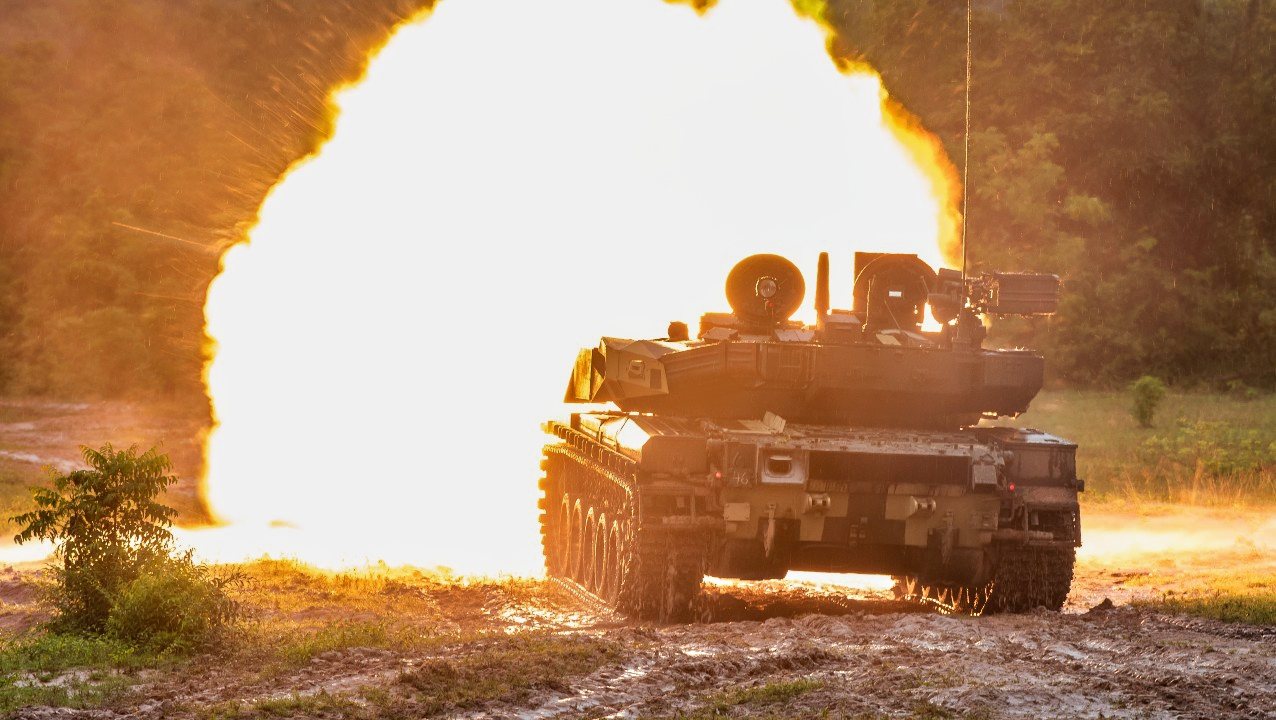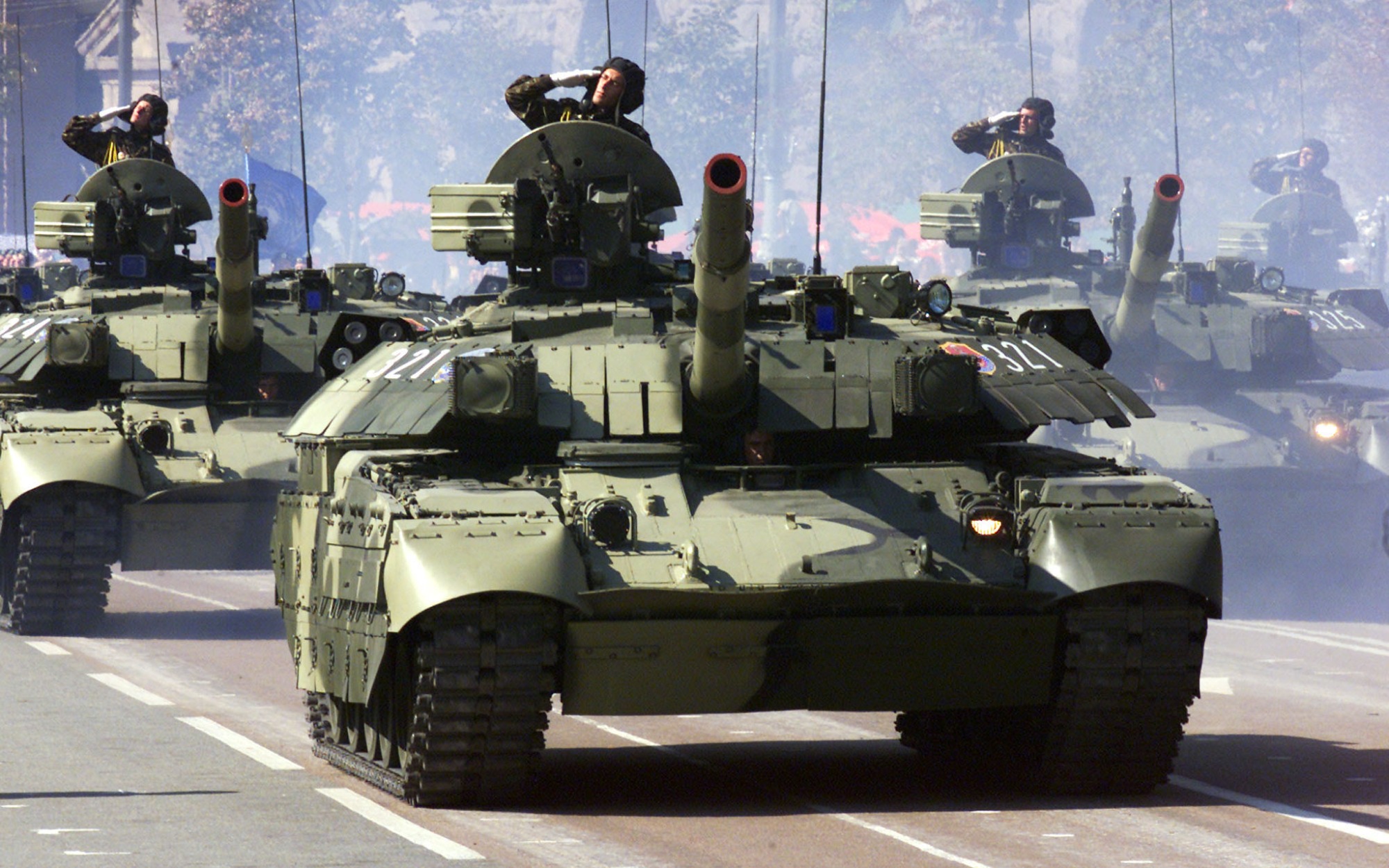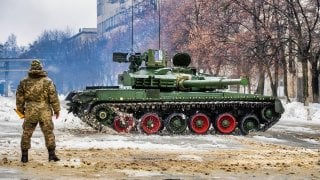Kursk Offensive: Triumph or Tragedy in the Making?
The United States and its allies should urgently lift all existing restrictions on the use of Western military equipment against Russian targets, including equipment present on Russian territory in Kursk. This will give Kyiv an extra fighting chance at undermining Russia’s war effort and degrade its military capabilities further away from the frontline.
Since early August, Ukrainian armed forces have been successfully conducting a military incursion in the Kursk oblast in Russia. It demonstrated operational surprise by seizing the opportunity in a war long described as attritional. Through boldness and creativity, Kyiv chose a weak spot on the Russian border, exploited the lack of security, pushed onward, and achieved battlefield success. Ukrainian armed forces have managed to capture and, so far, keep thousands of square feet of Russian territory.

The incursion gave Ukrainians a much-needed morale boost. The symbolic aspects behind the brazen operation are also paramount: it took place eighty-one years after the Battle of Kursk in the summer of 1943 and twenty-four years after the August 2000 disaster of the Kursk submarine. This time, the guns of August are giving Moscow a well-deserved taste of its own medicine. The incursion also exposes the Kremlin’s lies that everything is ‘under control’.
Beyond the psychological and symbolic elements, the incursion responds to a tactical-operational imperative. As described by President Zelensky and the Ukrainian military leadership, the primary objective was to divert Russian forces from the frontline in Donbas and force a movement of troops to relieve pressure on the Eastern part of the front. In other words, slow down Russian advances in Donbas and offer Ukraine a chance to seize the initiative. Ukrainian forces are currently digging into Russian territory and are preparing to stay for the long haul.
Efforts at a preemptive strike, however, have not fully achieved the intended, decisive effect. Moscow’s anti-terrorist response has already slowed down the pace of Ukrainian advances. Furthermore, the diversion dividend in Kursk is limited: Russia has so far not moved major military forces to counter Ukraine. The operation must also be contrasted with what is happening in other parts of the theater: the situation in Donbas remains dire for Ukraine, as Russian advances continue unabated – and especially ahead of winter.
Future Ukrainian success in Kursk will largely depend on what happens elsewhere. It will also be influenced by how much more patient, or desperate, the Kremlin will be. Indeed, Moscow might be tempted to start a campaign of massive bombardments – including against its population – to drive Ukrainian forces out. Such barbary will limit Ukrainian options to stay in Kursk, especially if Kyiv risks tremendous loss of troops and equipment.
Regardless of the success or failure of the Kursk operation, the war will continue. The incursion was never aimed to be a strategic game-changer, but it will inform how the future of the conflict plays out. Neither Russia nor Ukraine can currently achieve battlefield victory or fulfill their war aims, let alone reach their desired end states in the military and political spheres. Nevertheless, both countries are trying to seize/liberate as much territory as possible to prevent a stalemate.
peace negotiations are currently impossible, not least because the operation has dashed all hopes for talks at this stage. That is not necessarily a bad thing: for months, Ukraine has been under pressure to potentially be forced into unwanted compromises, territorial tradeoffs, and other forms of coercive diplomacy. Moscow also rarely negotiates in good faith and respects its commitments only some of the time. Not all wars end with a peace process, but this should only happen on Kyiv’s terms – and not Russia’s.
Ultimately, the war will continue. For Ukraine to win, the country needs unquestionable Western political support and uncompromising military assistance.
The United States and its allies should urgently lift all existing restrictions on the use of Western military equipment against Russian targets, including equipment present on Russian territory in Kursk. This will give Kyiv an extra fighting chance at undermining Russia’s war effort and degrade its military capabilities further away from the frontline.
For Ukraine to win, Russia must also believe that it cannot and feel that its strategy is failing. Policy options include strengthening international sanctions, especially stronger export control, and closing secondary sanctions loopholes. The aim is to accelerate the decline of the Russian military industry and the national economy. Other options include better deterrence against Moscow to ensure Russian troops will not come back for a third invasion if they have a chance to recapitalize. Ultimately, Ukraine should become a member of NATO as soon as possible.
Ukraine must win. Too much is at stake.

For the country itself: if Ukrainians stop fighting, Ukraine disappears. For the Western-led, rules-based international order: it may not survive the complacency of potentially throwing Kyiv under the bus just because of Ukraine fatigue. It will also set a dangerous precedent for current and future nefarious competitors.
About the Author:
Mathieu Boulègue is a research fellow with the Russia and Eurasia Programme at Chatham House - The Royal Institute of International Affairs.
Image Credit: Creative Commons and/or Shutterstock.


